As is often the case with a multi-week sporting event — even one as enthralling as the Olympics — viewer fatigue sets in, so it wasn’t expected that many people tune into the final event of the Games, the women’s 30 km mass start cross-country race. However, an error by the second-place athlete almost an hour into the grueling endurance test would create a dramatic twist that no one, least of all the skier, expected.
Ostensibly on pace for silver medal contention, Teresa Stadlober led the pack behind her as she worked to whittle down the minute-plus distance between her and the leading skier. However, NBC’s coverage briefly cut out. When the broadcast of the event resumed, Stadlober appeared to be entirely alone, having shed both the pack on her heels and, somehow, the skier leading her.
The announcers themselves couldn’t figure out what had transpired, musing, "That's a huge gap, a lot of daylight! Now, where are the Finns? Are they ahead of her or behind? It almost seems unrealistic that she’s opened up that kind of gap."
Stadlober, unable to see the path the leader had taken, veered right to an uphill segment instead of keeping on a straight course. By the time she’d proceeded uphill and turned around, she had ceded her second-place position.
Unfortunately, embeddable video of the bizarre events and the announcers’ befuddled reactions aren’t available, but the recap below offers glimpses of the erroneous turn that cost her a medal and relegated her to ninth place.
Stadlober was at a loss when she finished, telling NBC, "I don't know, I really don't know. I took the wrong way — and I did this twice. The second time I wasn't sure anymore. I had a blackout. I don't know why I took the wrong way."
Sure, her folly made for one last great story from Pyeongchang, but there’s little doubt that Stadlober would have rather left the Olympics with a medal than the story of how she lost one.

















 Two people study a mapCanva
Two people study a mapCanva Foggy Chinese villageCanva
Foggy Chinese villageCanva

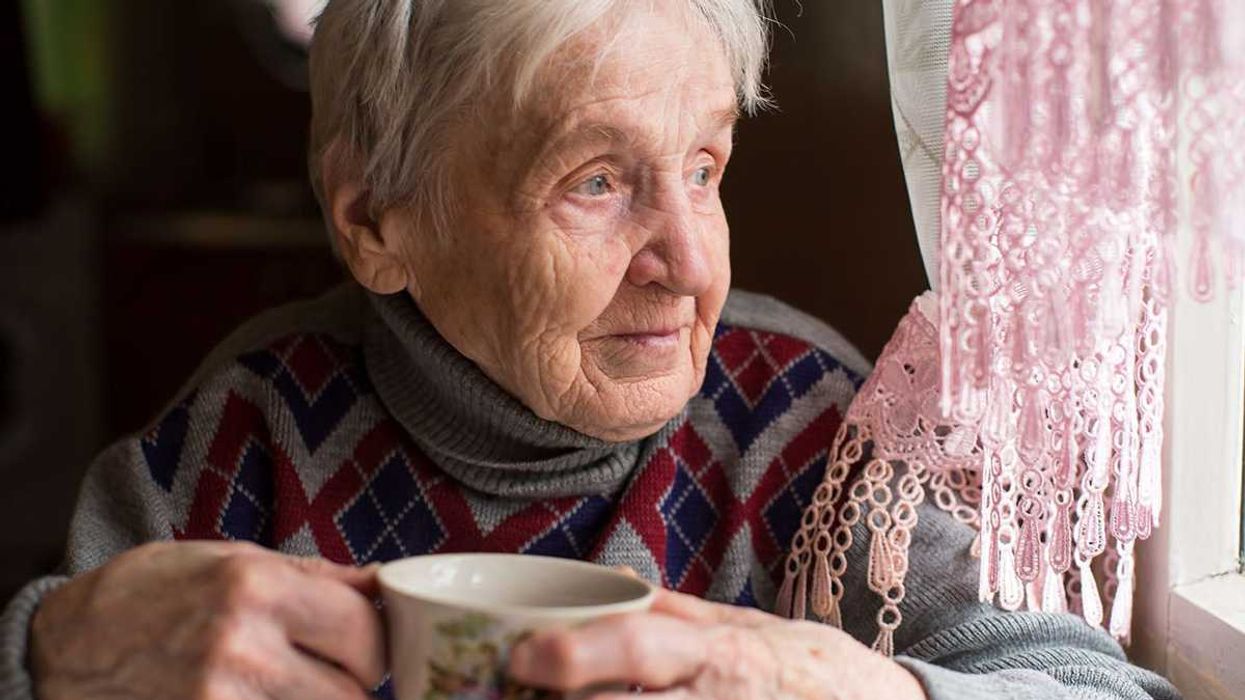 Older woman drinking coffee and looking out the window.Photo credit:
Older woman drinking coffee and looking out the window.Photo credit:  An older woman meditates in a park.Photo credit:
An older woman meditates in a park.Photo credit:  Father and Daughter pose for a family picture.Photo credit:
Father and Daughter pose for a family picture.Photo credit:  Woman receives a vaccine shot.Photo credit:
Woman receives a vaccine shot.Photo credit: 
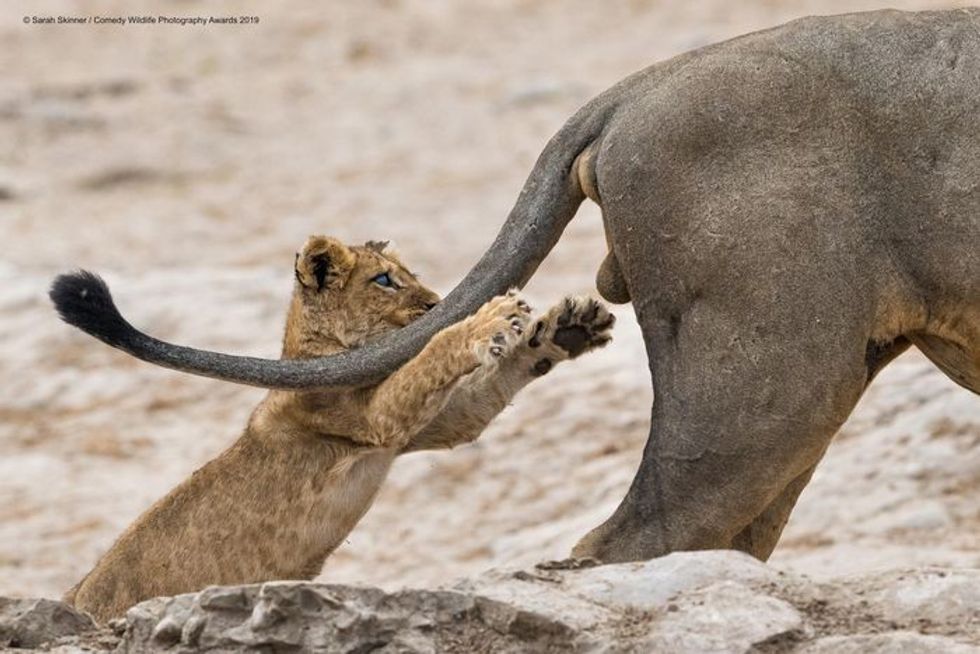 A young lion playing with an older animal
A young lion playing with an older animal A colorful bird appears to be yelling at it a friend
A colorful bird appears to be yelling at it a friend An otter appears like it's holding its face in shock
An otter appears like it's holding its face in shock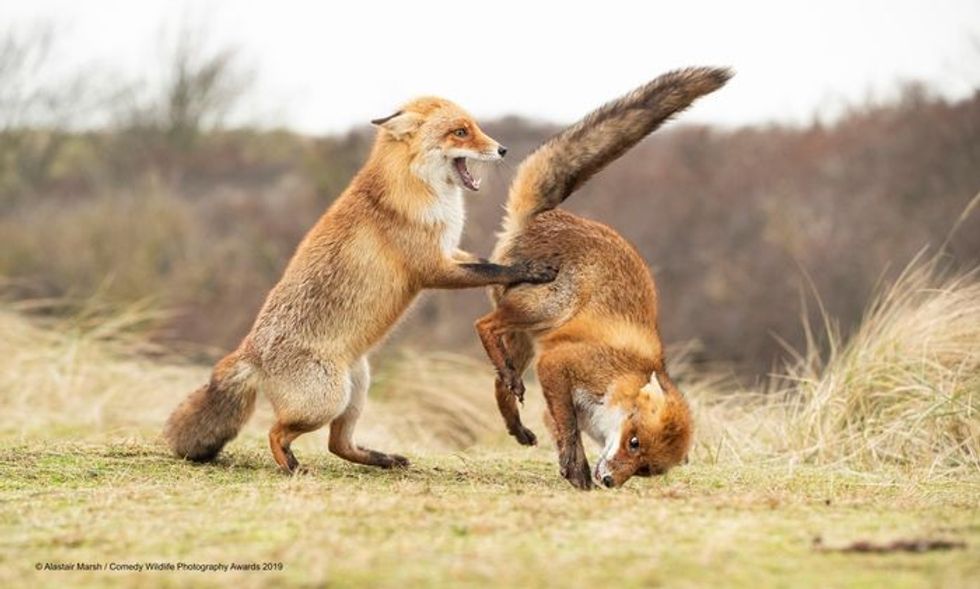 Two young foxes playing in the wild
Two young foxes playing in the wild Two otters appear to be laughing together in the water
Two otters appear to be laughing together in the water A fish looks like it's afraid of the shark behind it
A fish looks like it's afraid of the shark behind it A bird appears to be ignoring their partner
A bird appears to be ignoring their partner A squirrel looks like it's trapped in a tree
A squirrel looks like it's trapped in a tree A bear holds hand over face, making it appear like it's exhausted
A bear holds hand over face, making it appear like it's exhausted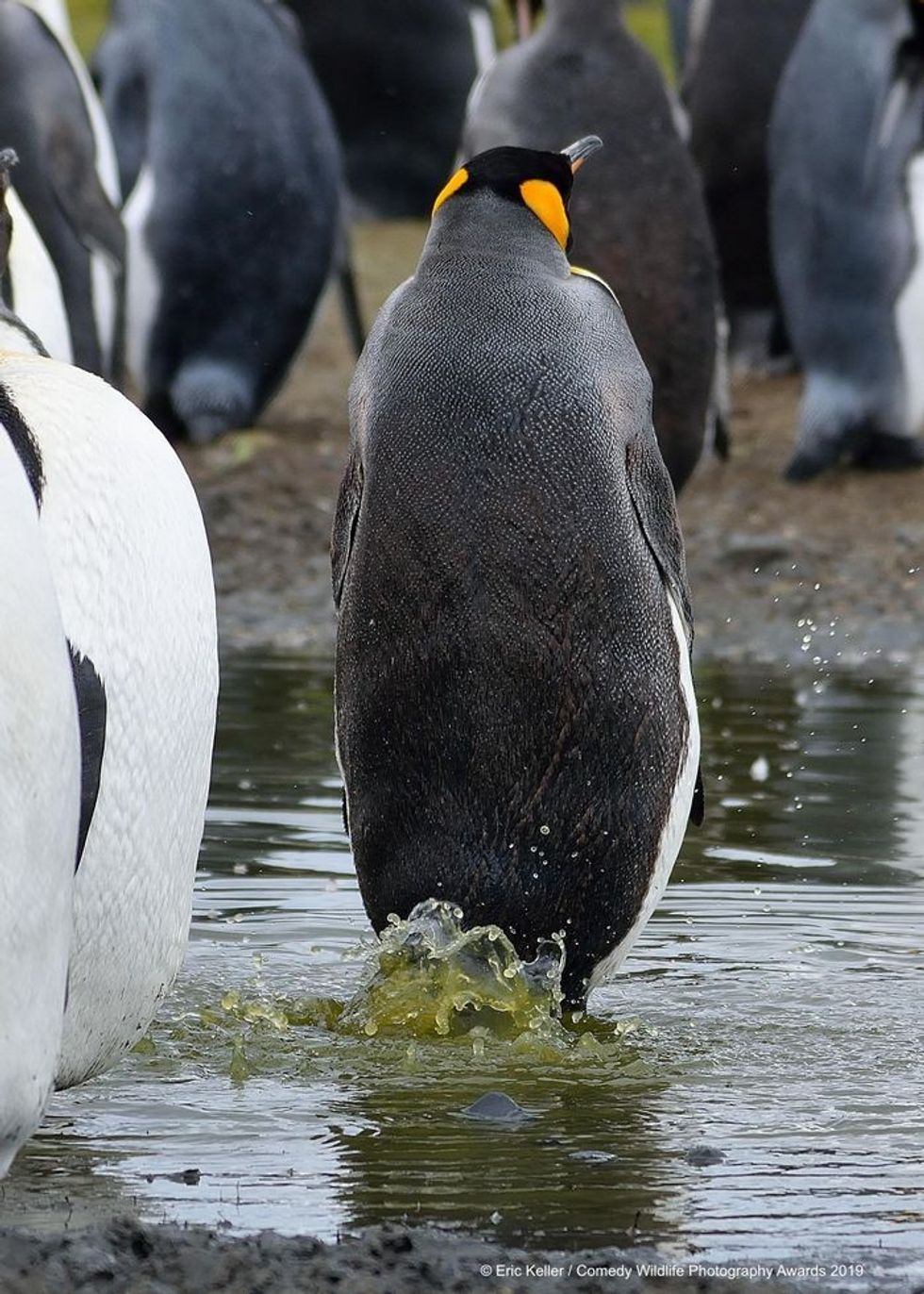 A penguin looks like its trying to appear inconspicuous
A penguin looks like its trying to appear inconspicuous A young squirrel smells a flower
A young squirrel smells a flower An insect appears to be smiling and waving at the camera
An insect appears to be smiling and waving at the camera An otter lies on its side apparently cracking up laughing
An otter lies on its side apparently cracking up laughing Two monkeys caught procreating
Two monkeys caught procreating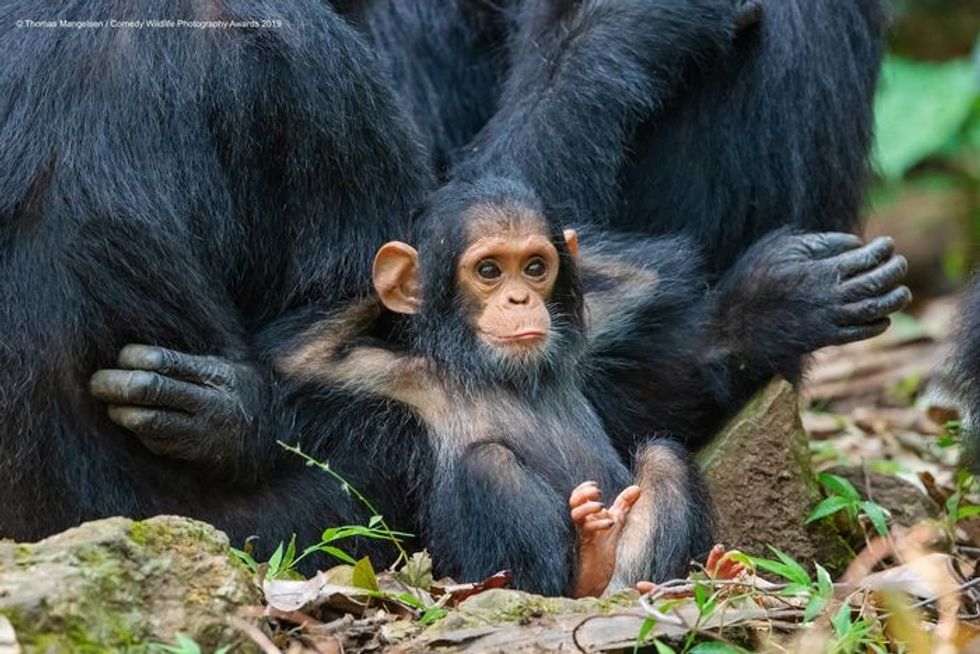 A young chimp relaxes with its hands behind its head
A young chimp relaxes with its hands behind its head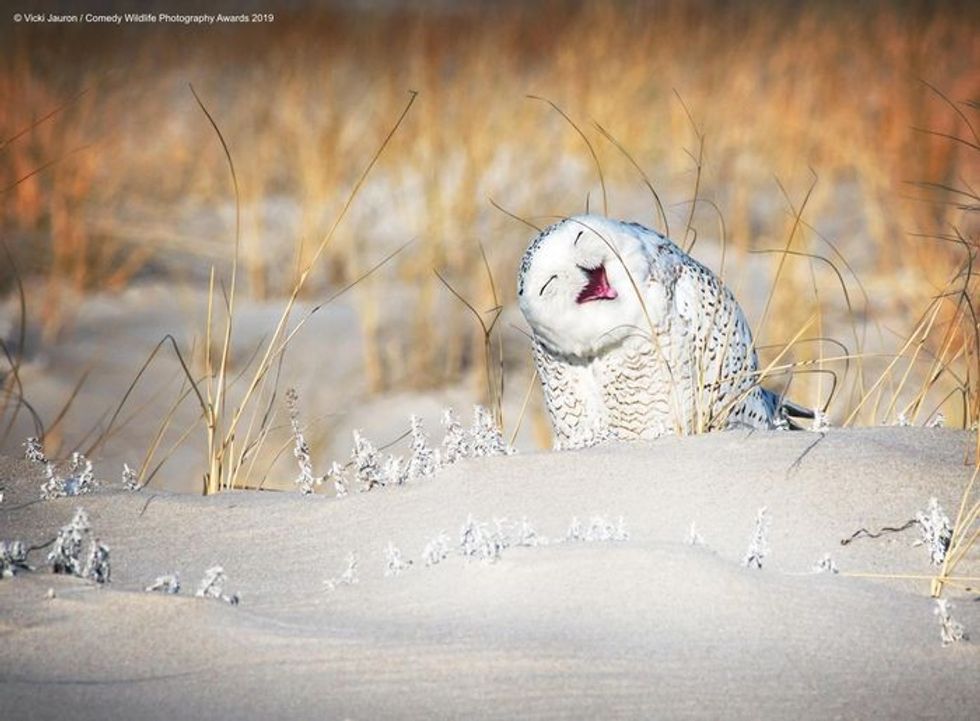 A snowy owl appears to be smiling
A snowy owl appears to be smiling  A monkey holds finger to face as if it's lost in thought
A monkey holds finger to face as if it's lost in thought A turtle crossing the road under a 'slow' sign
A turtle crossing the road under a 'slow' sign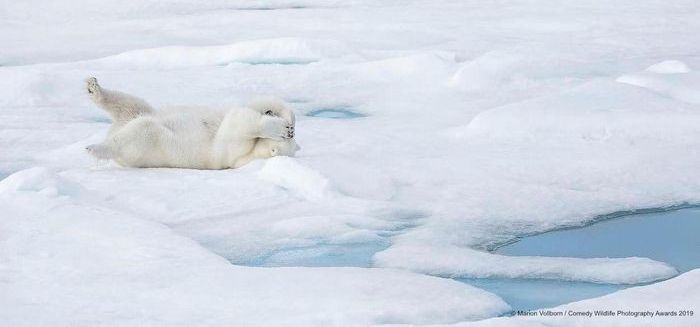 A polar bear lies on its back like it's trying to hide
A polar bear lies on its back like it's trying to hide A rodent strikes human-like pose
A rodent strikes human-like pose
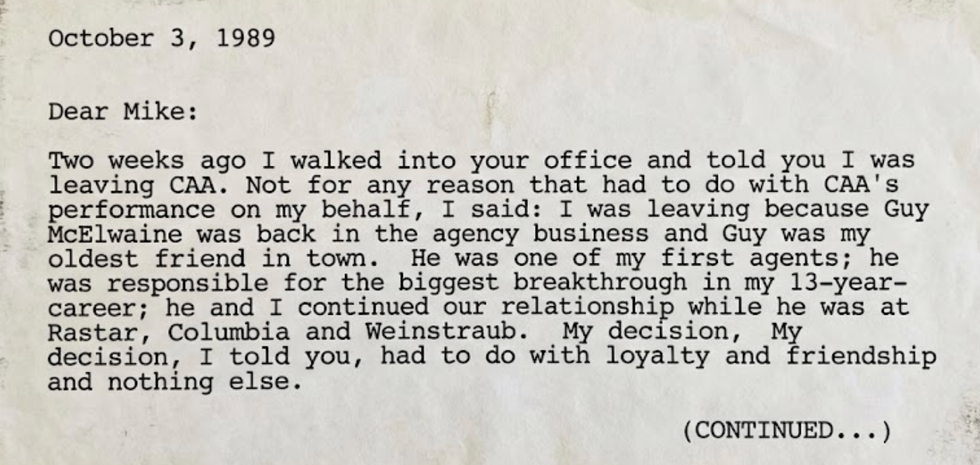 An excerpt of the faxCanva
An excerpt of the faxCanva

 Robert Redford advocating against the demolition of Santa Monica Pier while filming "The Sting" 1973
Robert Redford advocating against the demolition of Santa Monica Pier while filming "The Sting" 1973